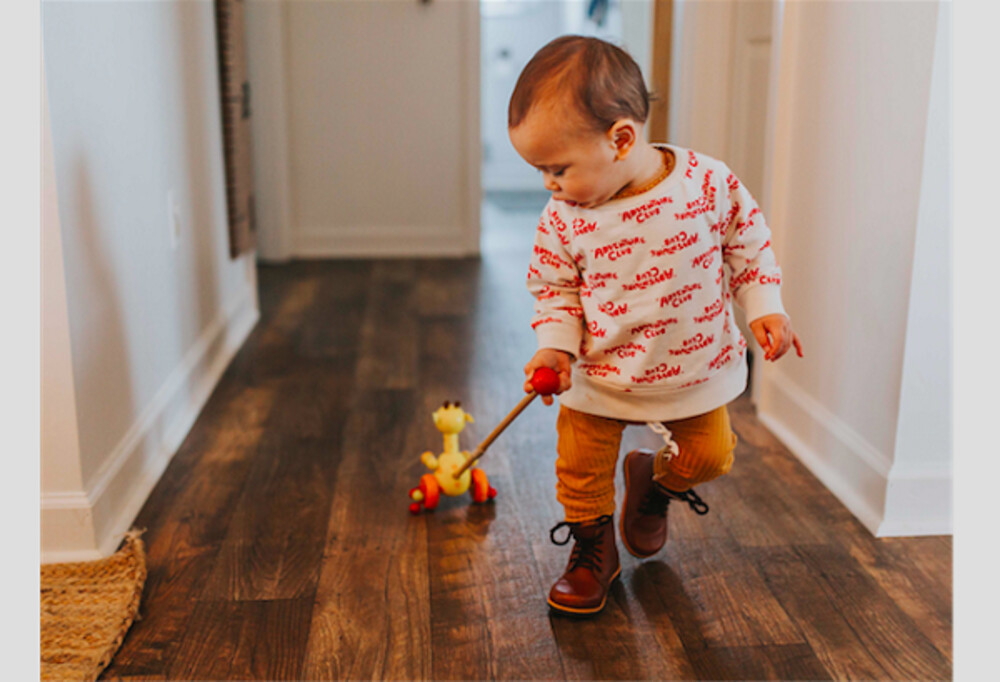
To the casual observer, it may seem that babies don’t do much other than eat, sleep and cry. The reality couldn’t be further from the truth – the first 12 months of an infant’s life are crucial building blocks in their development. Physically, mentally and emotionally, humans can trace future accomplishments and challenges back to their formative early days. Their stimulus – or lack thereof – can have a profound effect on who they will ultimately become. We’ll explore baby activities month by month to maximize an infant’s capacity to learn and grow.
Activities for Babies 0-6 Months
As it turns out, those initial, primitive activities – eating, sleeping and crying – are more important than we might realize. All of these aid in the development of a baby’s brain, which grows by 1 percent each day in the first few weeks after birth. In their first 90 days, there is a 64 percent overall growth – pretty impressive for such a tiny person! Some of the best activities for babies 0-6 months are also incredibly beneficial for brain development.
Play music
Lullabies and other music therapies including simulated sounds from the womb can enhance a baby’s neurological function. Not only playing music, but getting interactive with it can have an even stronger impact. Research has shown that children participating in interactive music classes “smile more, communicate better, and show earlier and more sophisticated brain responses to music.”
Read together
Simple, colorful picture books are a great way to boost your baby’s brain development – the contrasting patterns will stimulate her, while listening to your voice helps her develop language skills and teaches her about communication. In fact, by a baby’s first birthday they have already learned all of the sounds they’ll need to speak in their native language.
Activities for Babies 6-12 Months
They are likely sitting up unassisted, and many will be crawling or even walking as they near their first birthday. Because of this, activities for babies 6-12 months can vary widely. 9 month-old baby development activities that work for a child who is mobile, for example, may look much different than for a child who isn’t. These are two activities that are great to develop fine motor skills for babies at any age.
Make a treasure basket
At this stage, babies love pulling one item out of another – and putting it back in again – on repeat. Put some toys in a box with a lid and let your baby have fun not only opening the box but exploring what’s inside.
Create a homemade sensory tunnel
Turn a cardboard box on its side and tie a variety of bright object on a string that dangles across the open end. Use items that vary in texture, softness, noise, and color. At first, just lying on his or her back will make it a fun activity, but once your baby is crawling, he or she can move through the box on their own.
Activities for Babies 12-18 Months
While more “toddler” than “baby” by now, it’s still a time of major development. Once a child reaches his or her first birthday, they are truly starting to understand that they have a place in the world; curiosity and problem-solving skills have developed in earnest, and your baby will want to explore everything around them.
Practice pouring
Using a small plastic container or spice jar, add a few pieces of cereal or fruit and let your child try to figure out how to remove them. Eventually, he or she will pour them out, helping to boost both fine motor skills and problem-solving.
Use instructions
You can actually make a game out of this simple activity. A great option for babies 12 to 18 months is following simple instructions, like “bring me the green cup” or “put the pillow on the floor.”
For more tips on baby activities month to month, take a look at our baby brain development blog post. Our team is here to support you every step of the way as you grow your family.